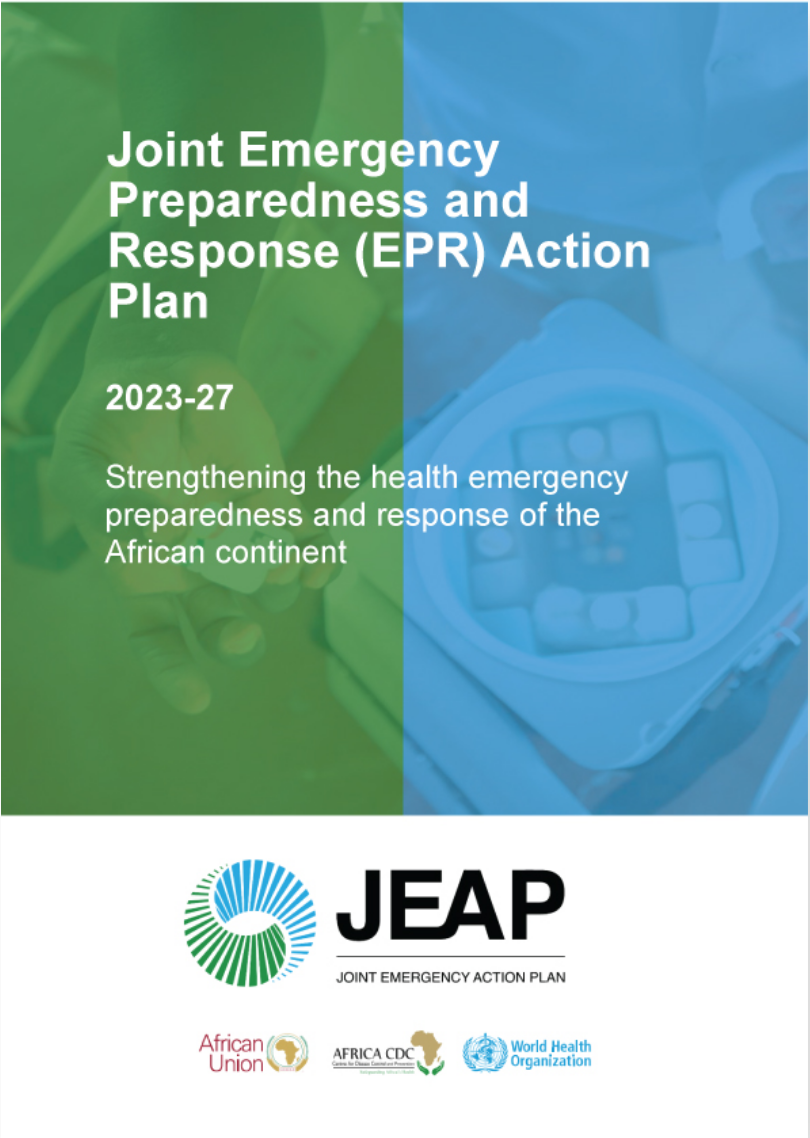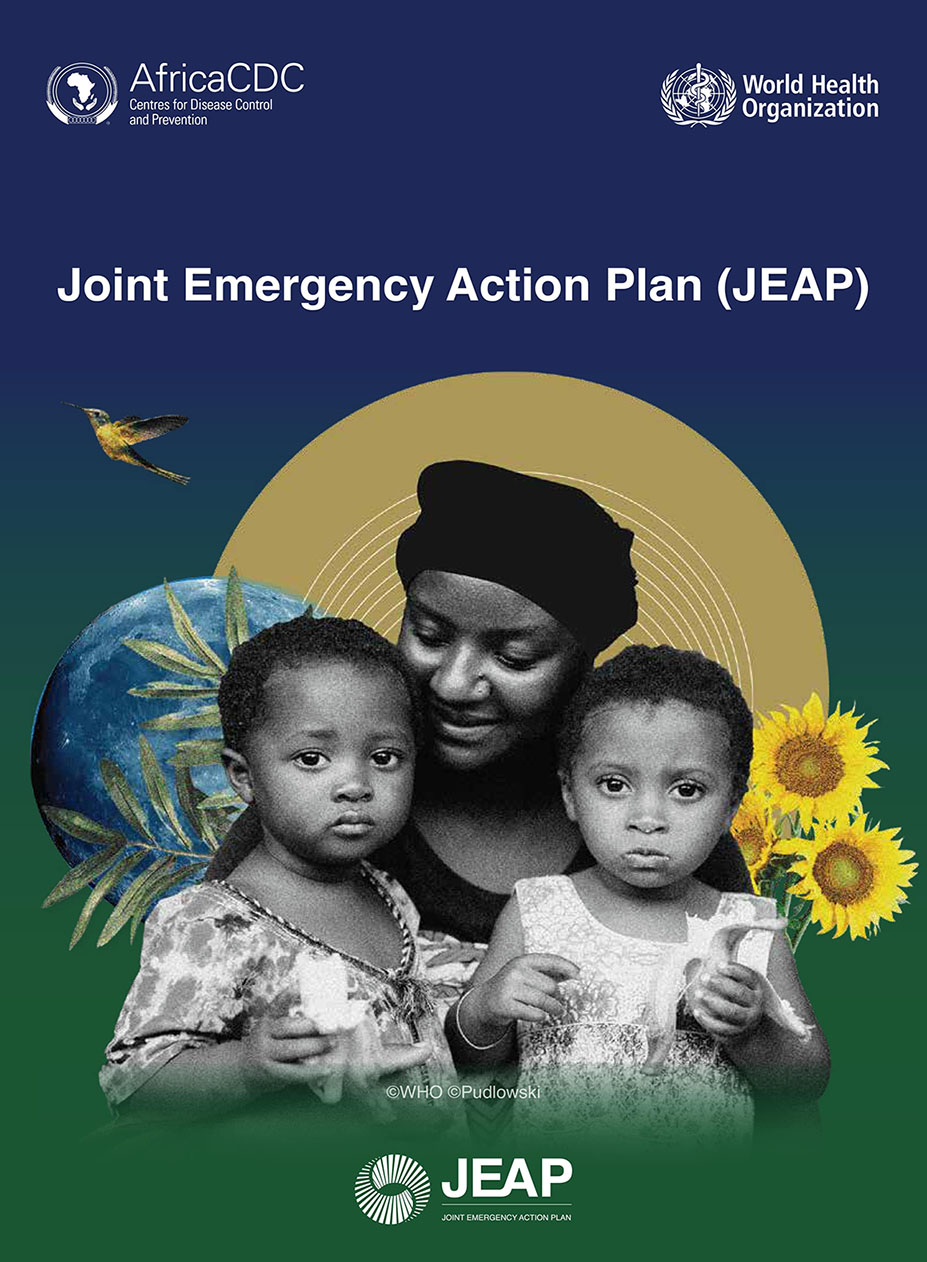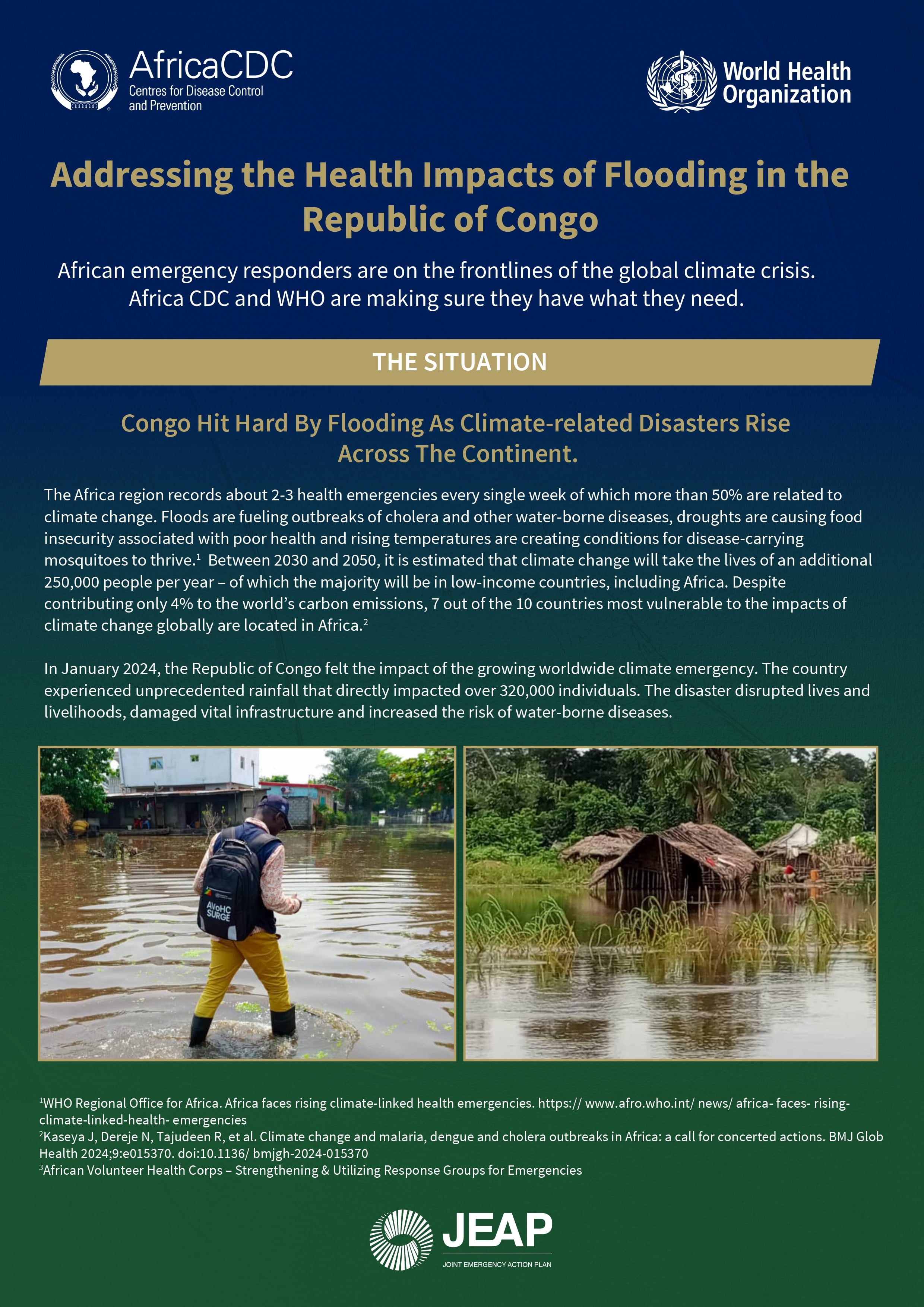THE JOINT EMERGENCY ACTION PLAN (JEAP)
UNLOCKING AFRICA'S RESILIENCE
The JEAP, born out of a partnership between the Africa CDC and the World Health Organization, is a regional platform that focuses on consolidating Emergency Preparedness and Response (EPR) efforts across the continent to dramatically improve how countries prepare for, detect, and respond to emergencies, while simultaneously ensuring no country is left behind.
THE JEAP MISSION
Africa faces over a hundred health emergencies annually due to vulnerable health systems, hosting nearly a third of the world's refugee population.
Despite these challenges, there is a tremendous opportunity to strengthen health systems.
With support from partners to build resilience, African countries can transform from being vulnerable to health emergencies to becoming models of stability and growth.
INFECTIOUS DISEASE VULNERABILITY INDEX WORLD MAP
Vulnerability Index
High
Low
These countries have been ranked from most to least vulnerable. Hover over each country to see their ranking.
The JEAP is a blueprint that amplifies the collective yet unique strengths of African nations while strategically charting a course for strengthening emergency preparedness, detection, and response in the context of humanitarian crises and climate-related disasters.
A crucial component of the JEAP is the 7-1-7 strategy which is a comprehensive approach to enhancing global health security. By promoting timely and effective actions in response to infectious disease outbreaks and public health threats, the 7-1-7 strategy has transformative potential to the way the African Region responds to health emergencies. The approach addresses the need for swift detection, notification, and response to potential epidemics, and aims to prevent their escalation and global spread. The strategy sets clear performance standards for three key timeframes: detecting a suspected disease outbreak within 7 days, notifying relevant public health authorities within 1 day, and executing early response actions within 7 days.
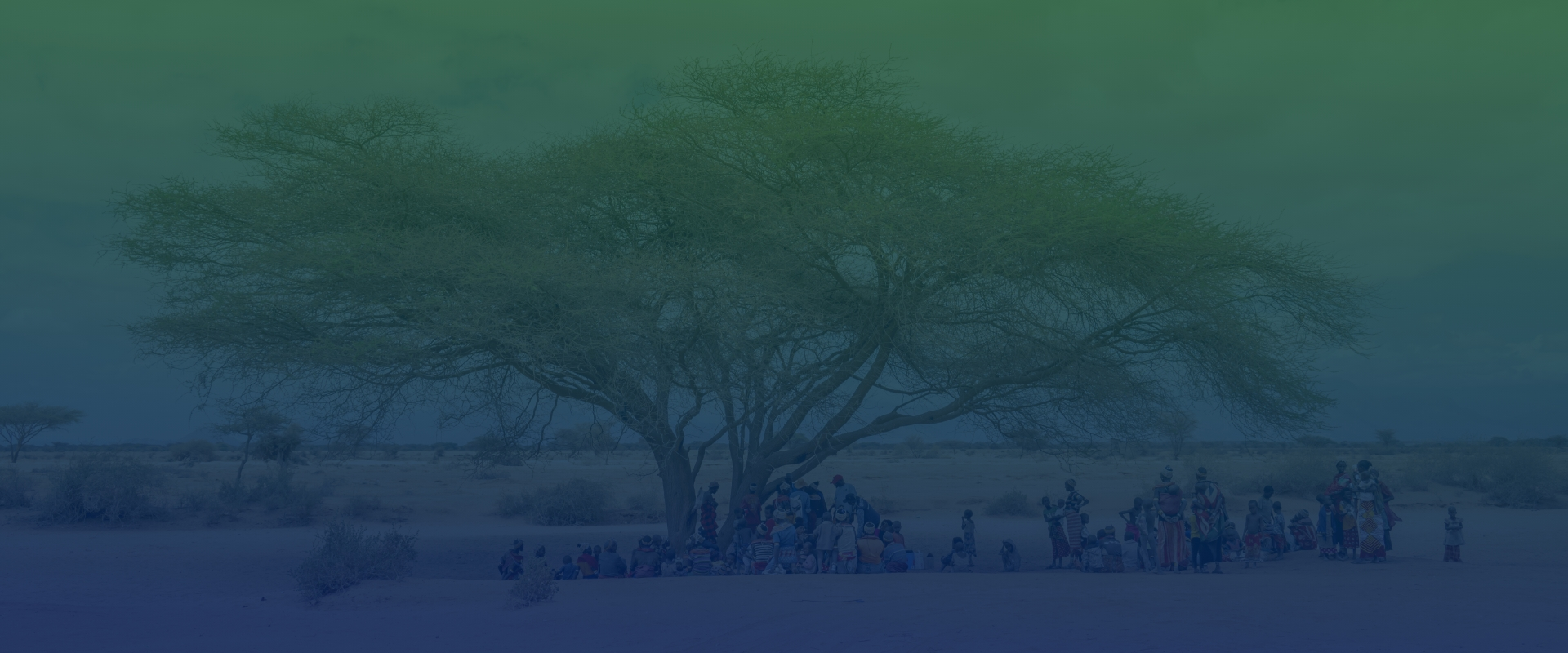
THE JEAP VISION
At the heart of the JEAP is a vision of 'One Africa for Health Security.' This vision outlines eight collaboration areas and provides a comprehensive framework for coordinated action to safeguard African populations from public health emergencies.
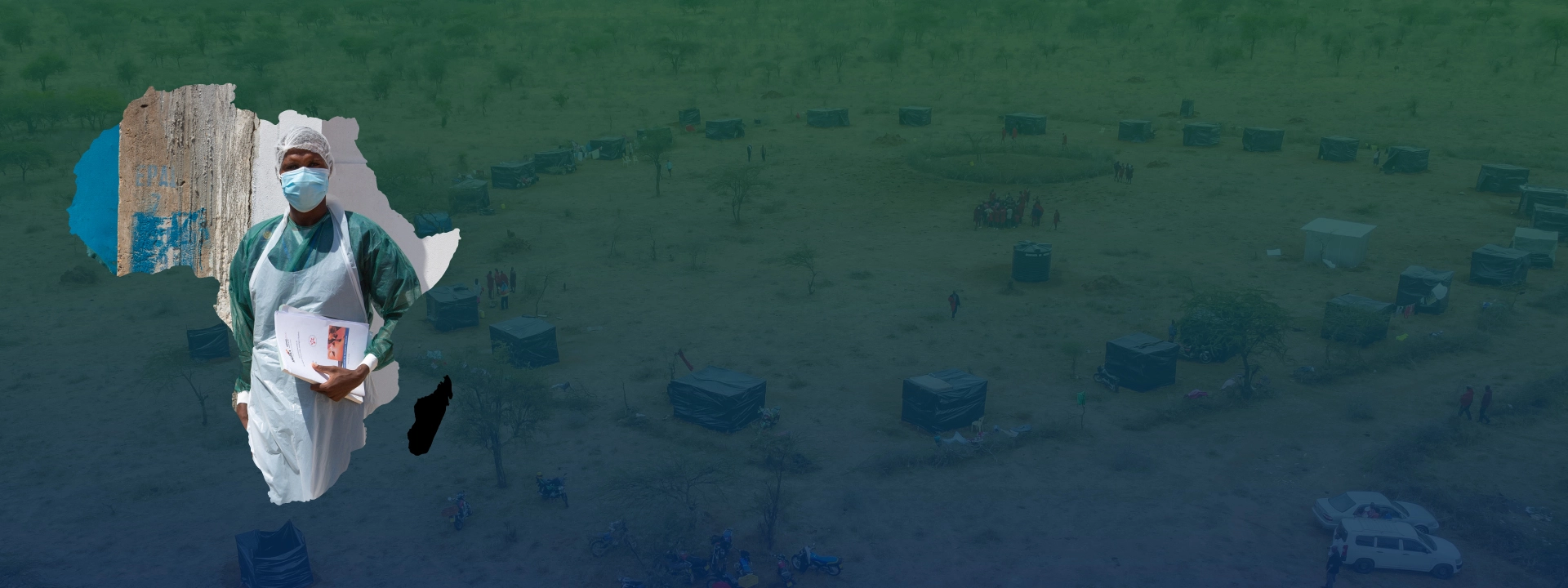
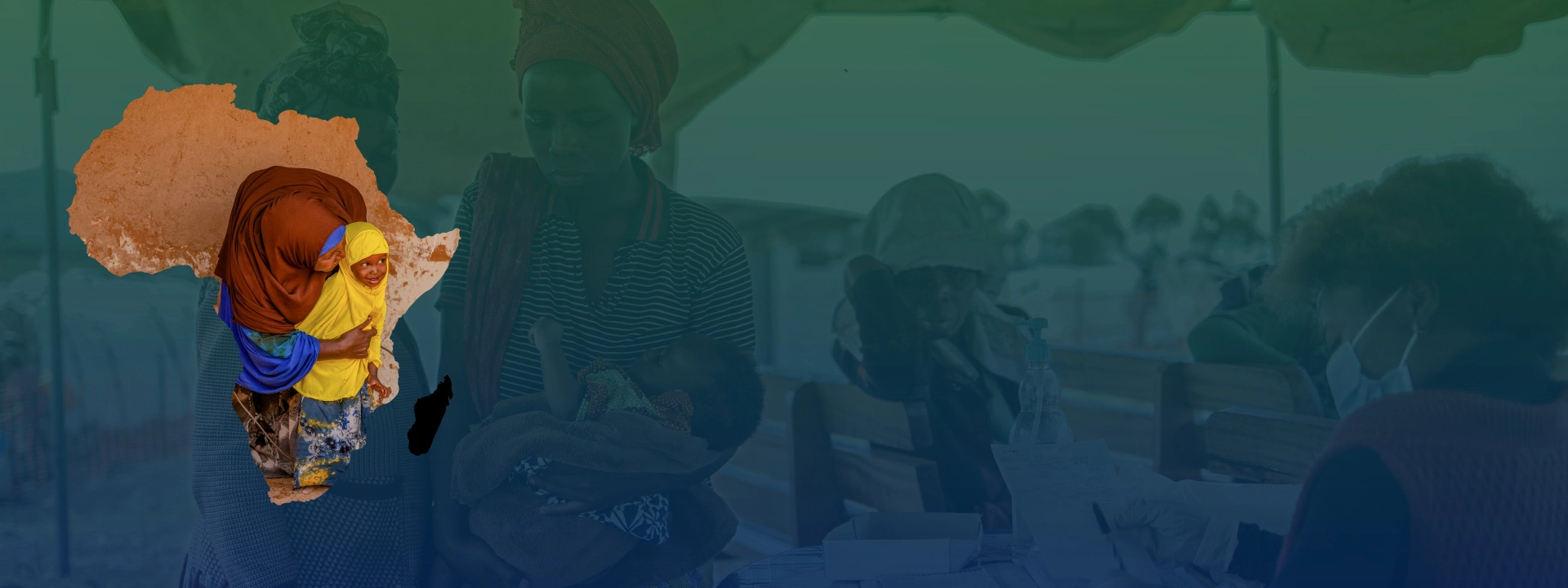
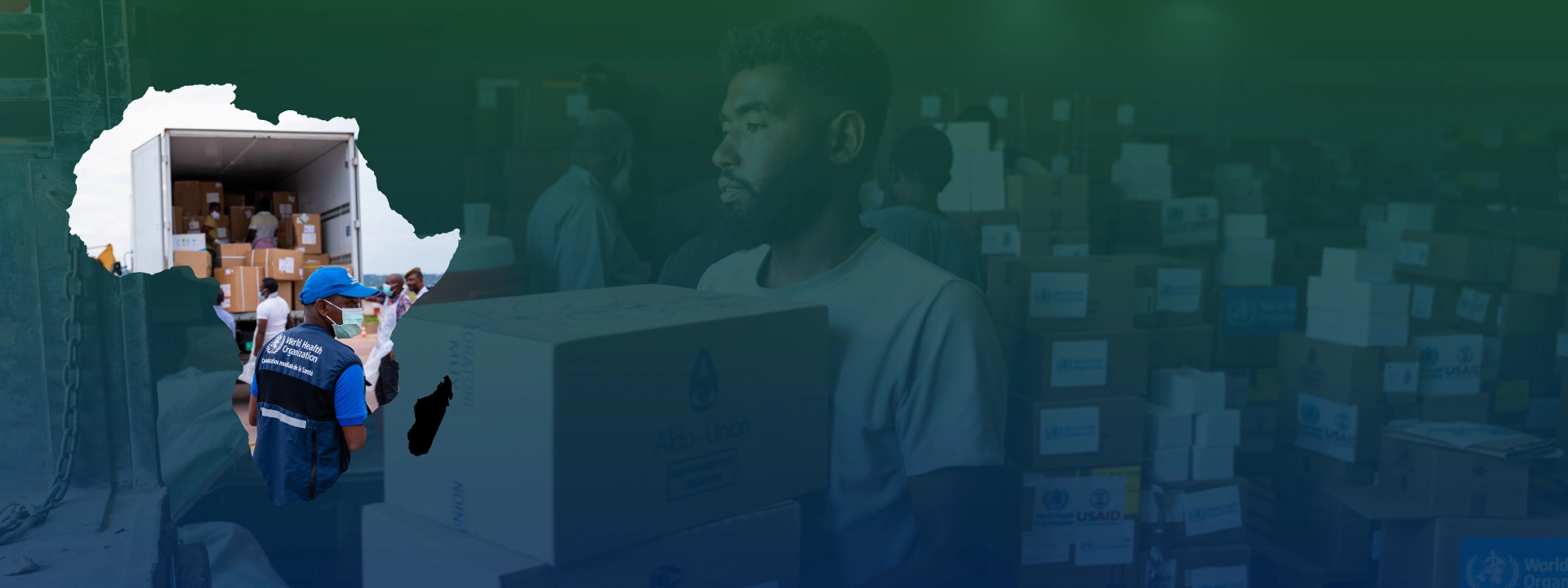
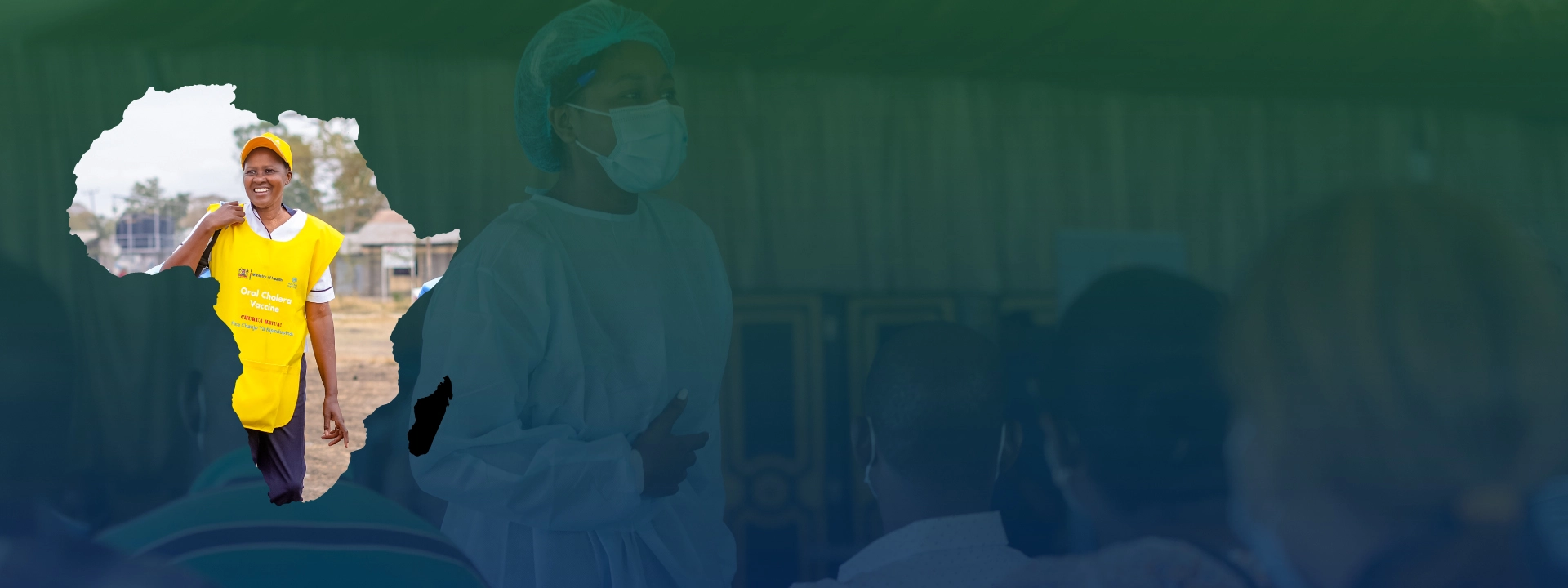
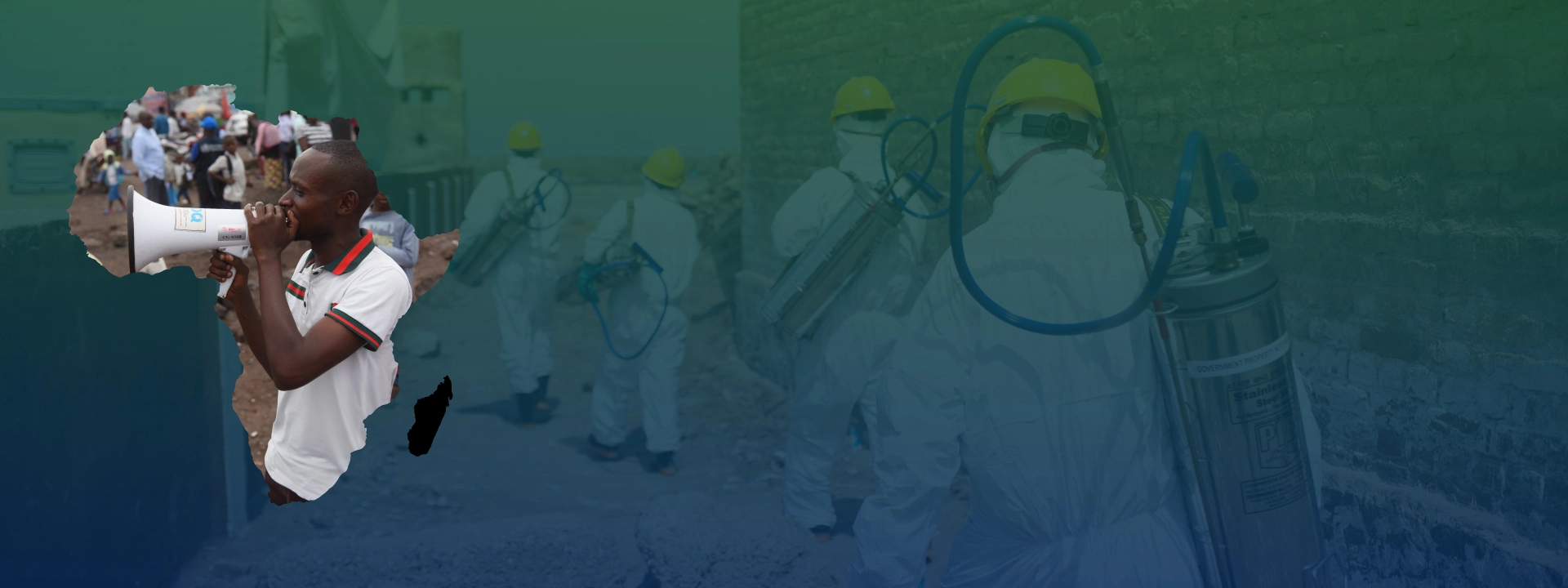
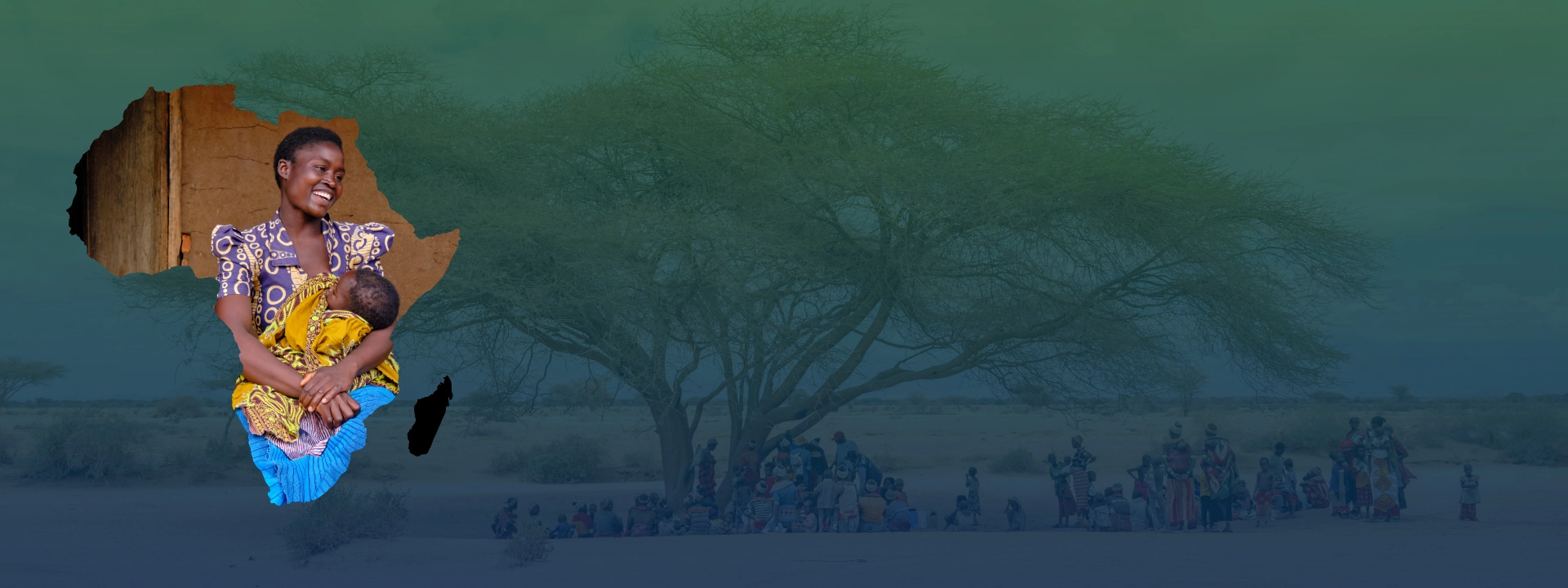
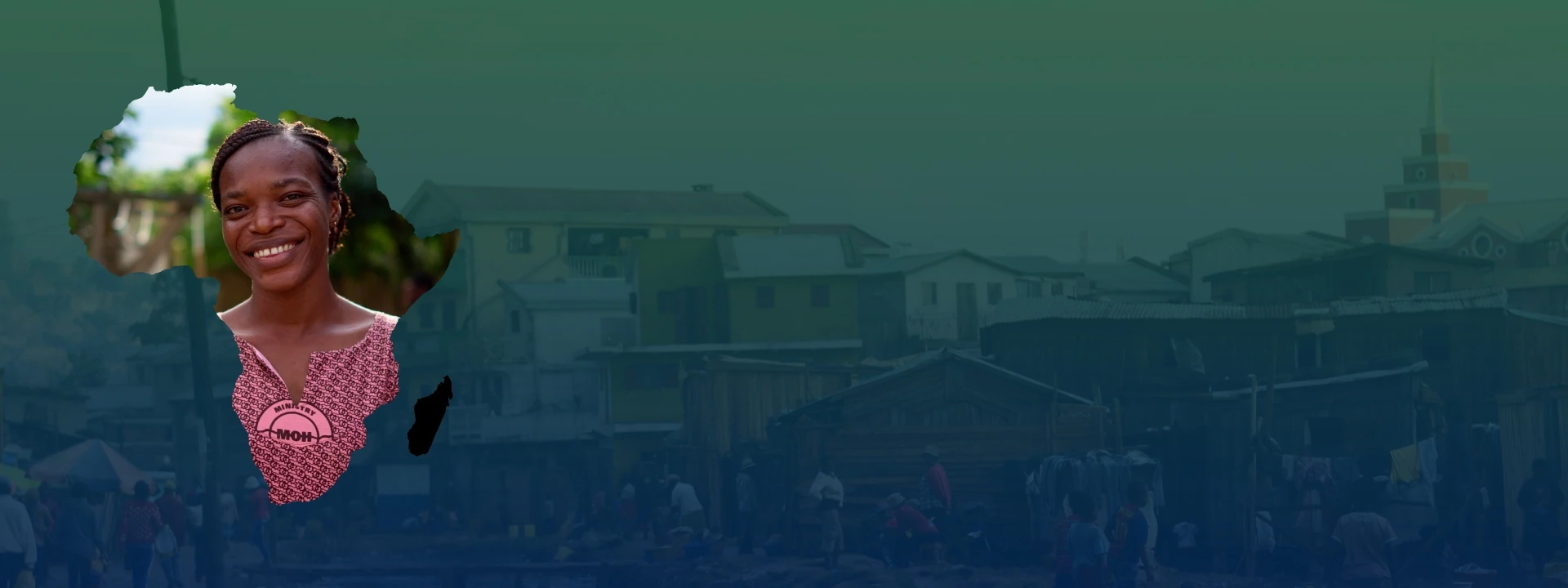

THE JEAP JOURNEY
Phase 1
Conceptualizing the JEAP
In response to the challenges posed by COVID‑19, Africa CDC and WHO joined forces to revolutionize Emergency Preparedness and Response (EPR) across the continent. A joint Steering Committee was established, driving collective efforts to enhance response activities for improved coverage and impact.
Phase 2
Unveiling the JEAP
The JEAP was launched during the 2023 World Health Assembly, uniting partners to address critical challenges in preparedness, detection, and response across six programmatic areas. AVoHC‑SURGE, a collaborative workforce initiative jointly led by Africa CDC and WHO, enables African nations to respond rapidly (within 24-48 hours) to health emergencies and humanitarian crises. It welcomes stakeholders from humanitarian, development, and government agencies, ensuring life-saving care reaches all. So far, 16 countries have utilized AVoHC-SURGE members for local responses (Zanzibar, United Republic of Tanzania, Togo, Senegal, Rwanda, Republic of the Congo, Nigeria, Niger, Namibia, Mauritania, Malawi, Kenya, Ethiopia, Democratic Republic of Congo, Chad, Central African Republic), while 6 countries have deployed them internationally (Ethiopia, Tanzania, Rwanda, DRC, Republic of Congo, Botswana).
Phase 3
The Future of the JEAP
Operating under the Africa CDC ‑ WHO Memorandum of Understanding (MoU), the JEAP emerges as a promising regional framework that can be leveraged for catalytic and inclusive improvements in pandemic preparedness and response. Investments in a consolidated, regional pandemic investment plan such as the JEAP are needed to support countries mitigate the impact of future health shocks and empower nations to protect their citizens from emerging health threats.
THE JEAP JOURNEY
Phase 1
Conceptualizing the JEAP
In response to the challenges posed by COVID‑19, Africa CDC and WHO joined forces to revolutionize Emergency Preparedness and Response (EPR) across the continent. A joint Steering Committee was established, driving collective efforts to enhance response activities for improved coverage and impact.
Phase 2
Unveiling the JEAP
The JEAP was launched during the 2023 World Health Assembly, uniting partners to address critical challenges in preparedness, detection, and response across six programmatic areas. AVoHC‑SURGE, a collaborative workforce initiative jointly led by Africa CDC and WHO, enables African nations to respond rapidly (within 24-48 hours) to health emergencies and humanitarian crises. It welcomes stakeholders from humanitarian, development, and government agencies, ensuring life-saving care reaches all. So far, 16 countries have utilized AVoHC-SURGE members for local responses (Zanzibar, United Republic of Tanzania, Togo, Senegal, Rwanda, Republic of the Congo, Nigeria, Niger, Namibia, Mauritania, Malawi, Kenya, Ethiopia, Democratic Republic of Congo, Chad, Central African Republic), while 6 countries have deployed them internationally (Ethiopia, Tanzania, Rwanda, DRC, Republic of Congo, Botswana).
Phase 3
The Future of the JEAP
Operating under the Africa CDC ‑ WHO Memorandum of Understanding (MoU), the JEAP emerges as a promising regional framework that can be leveraged for catalytic and inclusive improvements in pandemic preparedness and response. Investments in a consolidated, regional pandemic investment plan such as the JEAP are needed to support countries mitigate the impact of future health shocks and empower nations to protect their citizens from emerging health threats.
OPERATIONALIZING THE JEAP

GRADED EMERGENCIES
Want to know what the JEAP has been doing to tackle the mpox outbreak?
On August 13, 2024, the Africa CDC declared the mpox outbreak a Public Health Emergency of Continental Security (PHECS).
The following day, the WHO declared it a Public Health Emergency of International Concern (PHEIC).
A coordinated, continent-wide response is essential, co-led by the African Union (AU) through the Africa CDC and the World Health Organization (WHO), in close collaboration with global partners working under a unified plan, budget, and monitoring framework.
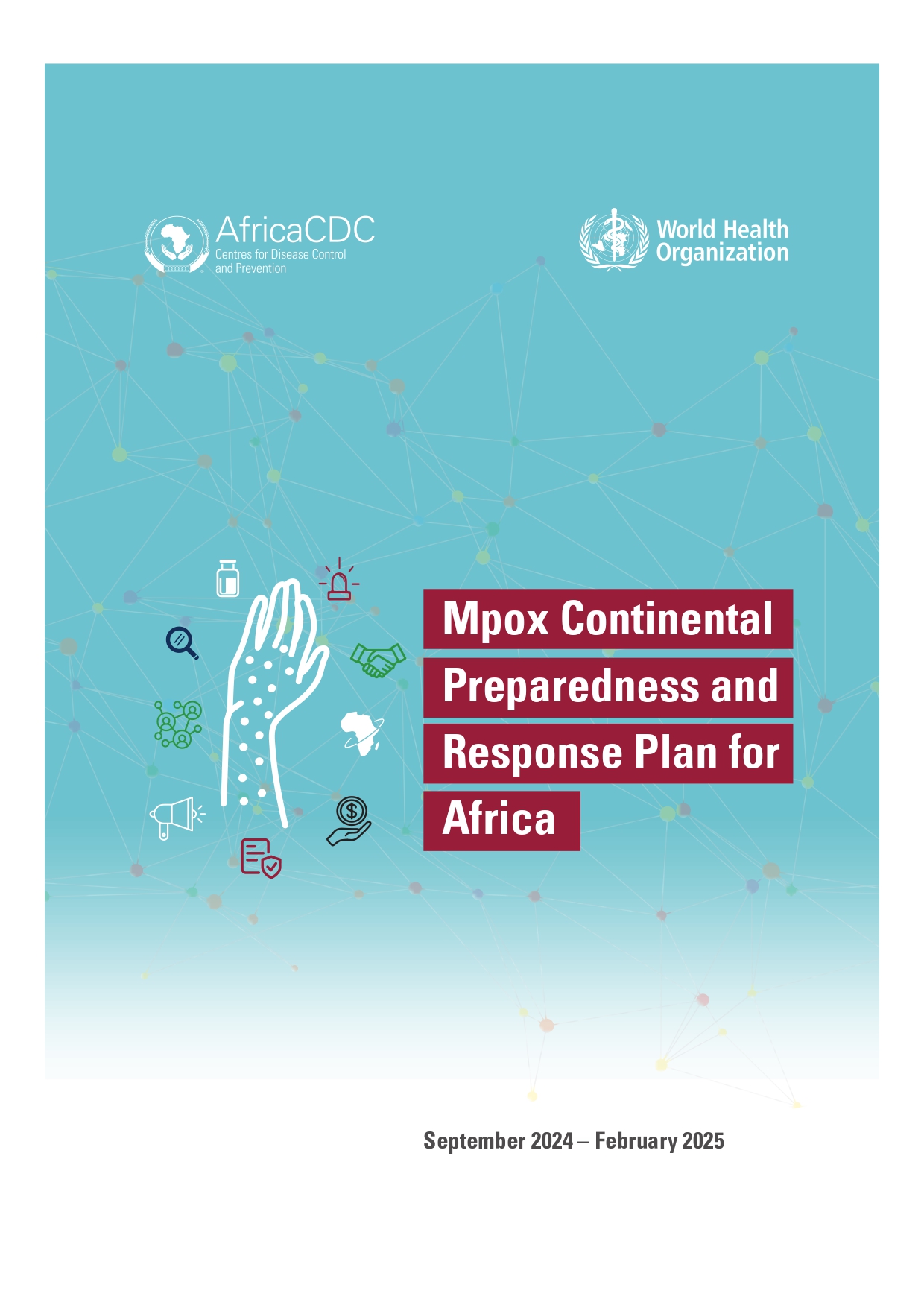
LEADERSHIP

Dr Jean Kaseya
Director General, Africa CDC
Principal, JEAP

Prof Mohamed Yakub Janabi
Regional Director, WHO AFRO
Principal, JEAP

Dr Hanan Balkhy
Regional Director, WHO EMRO
Principal, JEAP

Dr Raji Tajudeen
Acting Deputy Director General, Africa CDC
Steering Committee Member, JEAP

Dr Patrick Abok
Regional Emergency Director a.i., WHO AFRO
Steering Committee Member, JEAP

Dr Ahmed Zouiten
Regional Emergency Director a.i., WHO EMRO
Steering Committee Member, JEAP

Dr Landry Dongmo Tsague
Senior Adviser, Africa CDC; UNICEF Senior Health Adviser to the African Union and Economic Commission for Africa.
JEAP Focal Point

Dr Thierno Balde
Strategic Support Unit Manager, EPR Cluster, WHO AFRO
JEAP Focal Point

Nelly Violette Bertrand
Planning Officer, WHO Health Emergencies, WHO EMRO
JEAP Focal Point
.jpg&w=3840&q=75)


